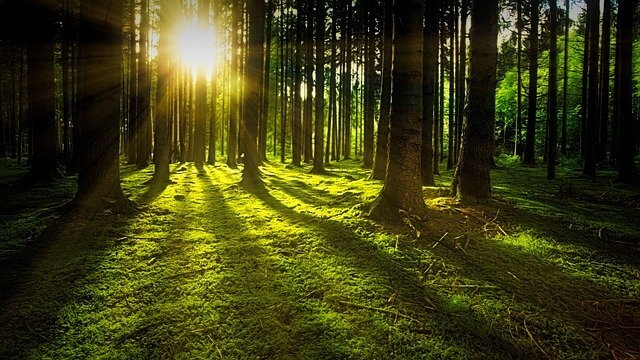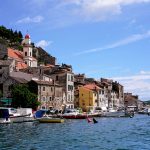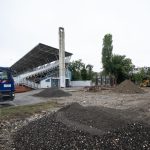Forests are threatened by climate change, wildfires, water disruptions, bacteria, fungi, and air, soil and water pollution.
Globally, the loss of forests will continue due to climate change despite efforts to reduce greenhouse gas emissions, which is why sustainably managed forests fulfil all generally useful functions and produce goods and services for the integral sustainable development of communities.
The Hrvatske Šume state-owned forest management company notes that there is no fear of forest loss in Croatia because the country manages its forests and forest land in a sustainable way, in line with 10-year plans.
Wood resources are used to the extent that does not threaten the survival of forests, which is why in Croatia fewer trees are felled annually than are planted, Hrvatske Šume notes.
Forests and forest land in Croatia account for 49.3% of the country’s land area. Of that, 76% is owned by the state and 24% by private forest owners.
Forests in Croatia 95% natural
The main trait of Croatian forests is that they are 95% natural, unlike many European forests that have been turned into plantations and monocultures.
“That is why Croatia’s natural forests are admired by Europeans and that is why they are home to numerous rare plant species and the three largest European predators – the brown bear, the wolf, and the lynx,” Hrvatske Šume says.
A report on the state of nature in Croatia for the period from 2013 to 2017 shows that 98.88% of forests are excellently or well preserved.
Private forest owners, however, warn that the EU is ‘punishing’ Croatia for the good state of its forests and that its strategies, which are based on the EU Green Deal, will negatively affect forest management sustainability because they give priority to the environmental aspect over the economic and social aspects, which, they say, will cause a drop in production and loss of jobs in the sector.












